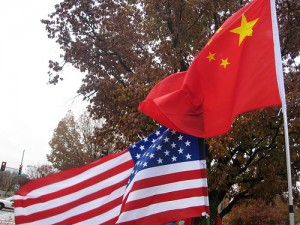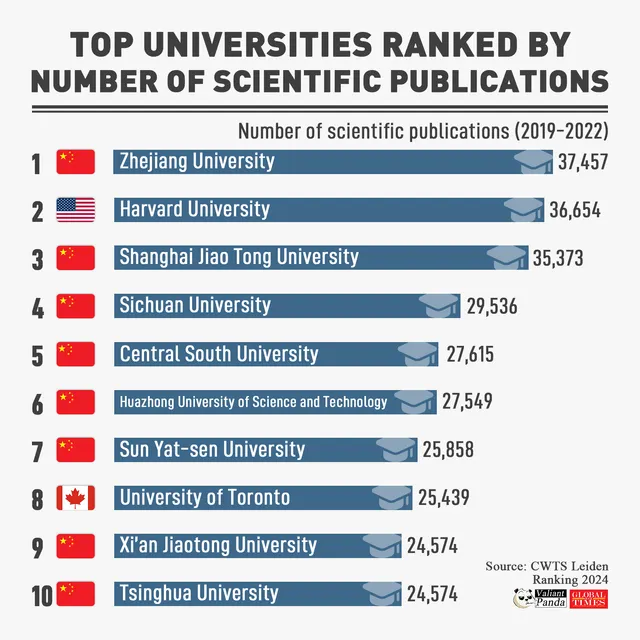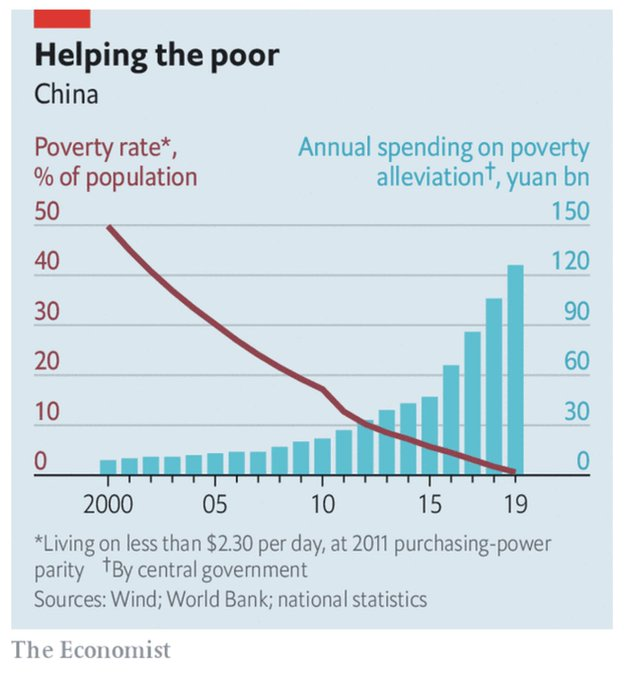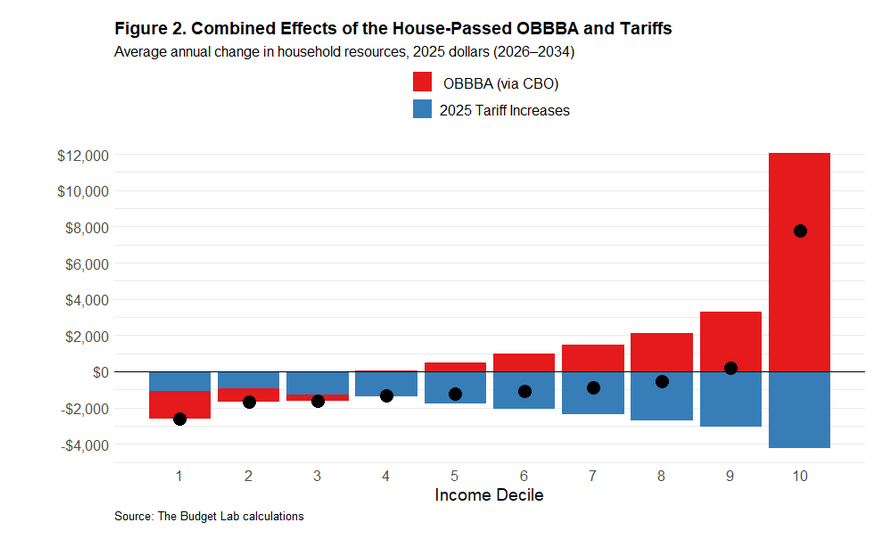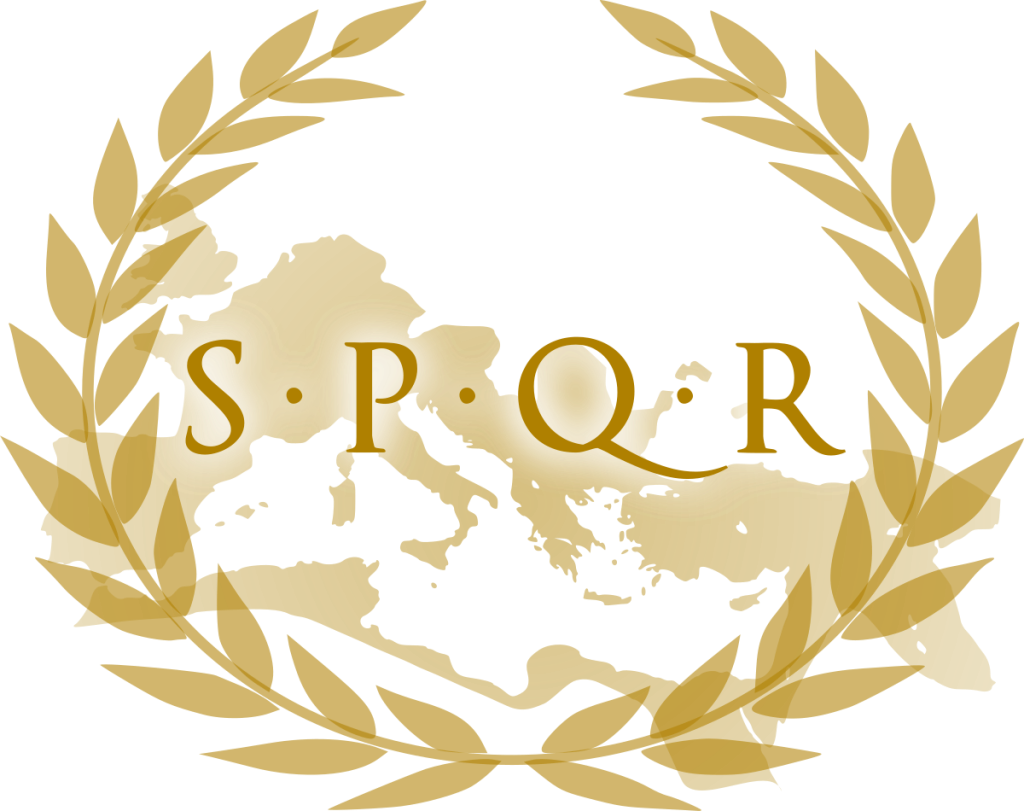
When a lot of people talk about Rome, they’re thinking of the Empire and when they write about Rome, they’re writing about the decline and fall. But I’ve always been more interested in creation of new things and how they ran when they were running well. To be sure, knowing how a system eventually failed is important, but not if we don’t understand how it ran well in the first place.
The Republic actually had four different elected assemblies and voting groups (the Senate was not, strictly speaking, elected.) By the middle Republic three were still important.
Tthe Centuriata (organized by military centuries based on wealth, since wealthier citizens could afford better equipment) elected Consuls and Praetors, who had Imperium (the right to lead troops), voted on war and peace and served as a court for serious crimes. It was dominated by the richer classes.
The Tributa, was based on tribes (geographical organizations.) Because all voting took place in Rome, urban tribes had oversized power in it. It voted on legislation proposed by magistrates and the Tributa (the electorate itself) voted to select lower magistrates like Quaestors and Aediles.
Finally there was the Concilium Plebis. This body excluded Patricians and was organized by Tribes. It elected Tribunes of the People. Their powers varied over time, but at certain points they were arguably the most powerful officials in Rome. Tribunes could veto bills from other bodies and the Plebis could pass laws binding on all citizens. Tribunes were meant to be available to any Roman citizen at any time. They couldn’t even close or lock the doors of their homes.
Then, of course, there was the Senate. In the early years Senators were largely appointed by Consuls. A little later by Censors (officials responsible for running a population census and for public morals, elected every five years for a one year term.) In time it became customary for officials elected as Quaestors or Aediles to be enrolled almost automatically. As a practical matter, the Senate was controlled by powerful and rich families. At first those were mostly Patrician, but in time various powerful Plebeian families broke in.
The important leaders in the Republic were magistrates. They held court, they knew law, and in the case of officials with Imperium, they lead armies.
Except for the Tribunes, Censors and Aediles, election to office required following the Cursus Honorum.
The lowest office was Questor. You had to be 30 and the duties were administrative. You might oversee the treasury, serve as an aide to a governor or consul, or otherwise oversee financial or administrative duties.
Aediles were not part of the Cursus, but as time went by you were unlikely to be elected to senior office if you hadn’t served as an Aedile, in part because they were responsible for the games: gladiatorial contests and races. In addition they were responsible for overseeing Rome’s infrastructure: roads, temples, markets, building standards and so on.
Praetors had to be 39 years old minimum and presided over courts (were judges), governed provinces and had the right to command troops.
Finally there was the Consulship. There were two consuls at a time, they had full Imperium, presided over assemblies and acted as judges for the most important cases.
In addition, it was rare for anyone to be elected to any office higher than Qaestor without military service.
Now that we have some idea of the structure, let’s break down why it worked so well for so long.
Experience with How Government Actually Works. Because of the cursus honorum and the de-facto requirement to serve as Aedile and to have military experience, government officials actually knew how the state worked from roads and treasury to law to military affairs. They understood the nuts and bolts of government operations. Compare this to most of our politicians, who don’t know how cities are actually constructed, how the law works, how real world markets actually act and so on.
Since a state that can’t win wars risks stopping being a state, having military experience is important. Moreover it meant that civilian officials understood the military and could expect respect from the military and control it. (Until the late Republic, anyway.)
Officials were pretty much all lawyers. Yes, I know the jokes, but if your job is to create laws, knowing the law seems like a good thing, eh? And since they served as judges as well as usually acting as private lawyers (for which they could officially not accept fees) they knew how laws were actually working in the community.
Praetors serving as Governors, once Rome had provinces, meant that before they became Consul, they had also run a large principality. Again, they had experience in an executive role before being put into the supreme executive role.
Skin In the Game. Rome’s greatest military loss was probably at the battle of Cannae, when Hannibal essentially wiped out an entire Roman Army of 86,000 men. Here’s the interesting thing: one third of Senate was wiped out. Proportional losses among the most important people in Rome were far higher than among the plebs. This is the opposite of how our society now runs, where the powerful don’t serve in the military and if they do, aren’t on the front lines.
Clientage System. Everyone in Rome was part of a system of client/patron relations. Think of it as a chain. You might have a few clients, but have a patron who had many clients, and that patron might have a patron as well. Patrons had a duty to help their clients, and clients had the same duty to their patrons, including the expectation to do battle on their patrons behalf. Clients would go to court with their patrons and cheer for them. When their patrons held office, clients would assist. The patrons would help clients with business affairs, give them gifts and in general take care of them.
This means that everyone in Roman society was connected thru formal chains from almost the very bottom (slaves weren’t clients, but freed slaves automatically became clients of their ex-owner) to the very top of society. Loyalty to clients was important, because clients were a patron’s power base, including their most reliable voters. As for clients, well, powerful patronage is always useful. The powerful in Rome could not be disconnected from everyone else, or they wouldn’t be powerful.
Truly Divided Government. America’s founders tried to imitate the Roman Republic, but one of Rome’s great advantages is that the government was truly divided. The Tribunes and the Plebs truly were opposed to the Senatorial class much of the time. They truly did stop their legislation often. All thru the design of government, there were checks and balances, even at the top. There were two consuls so that neither of them could rule impeded, for example.
When necessary a dictator could be appointed, but constitutional dictatorships were specific to a problem. Usually a war or administrative issue. They were used, in effect, to solve a specific problem and once it was resolved the dictatorship was over.
Limited War Making Power. Only a few officials could lead troops: Praetors, governors (ex-Praetors, usually), Consuls and Dictators. The troops themselves were raised from the general population for specific wars and disbanded once the war was over. There were few professional soldiers, it was a citizen army. Until the late Republic it was unthinkable for Roman armies to turn on Rome and that happened because a professional army with soldiers often under arms for decades was formed. The soldiers became more loyal to their generals (who rewarded them with loot and rapine) than to Rome. But during the Early and Middle Republic the military was an appendage of society, not apart from it.
No Troops in Rome and no Police. There was no enforcer class within Rome itself. In fact to be under arms in Rome was a huge crime. A general and his troops could not be in Rome, whether armed or not, at the same time. Romans had law, but until you were convicted of a crime almost nothing could be done to you. There were effectively no prisons and no cops. In the later Republic this lead to the rise of gangs and rather a lot of violence, but it worked for a long time and kept Romans free.
A requirement for generosity. If you were rich, you were expected to give to the community. Bridges, roads, temples, libraries, monuments, theaters and so on were all built by rich Romans. In fact, election to office during the Early and Middle Republic wasn’t based on promises of “what I’ll do when elected” it was based on “this is what I’ve already done. I deserve office.” Not just giving, but military service, acting as patron, defending citizens as a lawyer and so on.
Leaders Were Held Responsible. Suing Roman officials after they left office was common. If you misused your office, any citizen could take you to court. Penalties were no joke, including banishment and even death. During office many Roman officials were above the law, sacrosanct, but offices were rarely for more than a year, and a year is not a long time.
Summarizing Remarks:
Republican Roman leadership was effective for so long because Roman leaders were forced to actually learn how government and the military worked. They were given significant power for brief periods, usually a year, and were held responsible afterwards. They were part of chains of clientage which reached from the top to the bottom of society and unable to be unaware of the condition of other Romans. They were expected to contribute their wealth to society, to help their clients and to be generous. They were trained in law and familiar with how law operated because almost all served as lawyers and magistrates. And they served in the military and could expect, as at Cannae, to suffer if the military was incompetently led.
Competence, responsibility, generosity and deep ties to the community.
Of course this system had its flaws, even very serious ones, and as all systems do it eventually broke down. But it was also remarkably successful for centuries.
And, in the context of our larger discussion of leaders being different types of people in different societies and different times, Roman leaders were very different from ours. Oh, sure, they were ambitious, leaders almost always are. And they needed to be elected. But in most ways they had little in common with our politicians and CEOs.
The question is “in what ways were they worse or better”, perhaps. If I had to pick one point, it would definitely be the Curusus Honorum. A lot of our leadership issues, both private and public, would be lessened if our leaders had been responsible for the nuts and bolts of running government and society, and actually understood how it worked.
There’s a lot to be said for the government version of “starting in the mailroom.” Do our politicans even understand how the postal system works or how roads are paved?
***
If you’ve read this far, and you read a lot of this site’s articles, you might wish to Subscribe or donate. The site has over over 3,500 posts, and the site, and Ian, take money to run.

